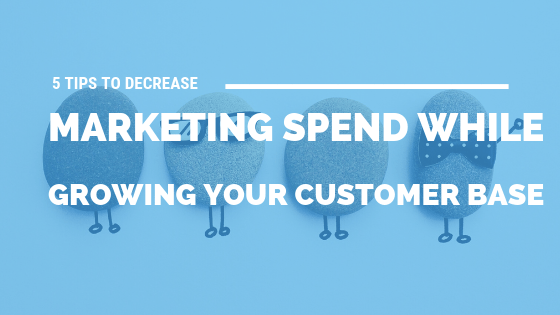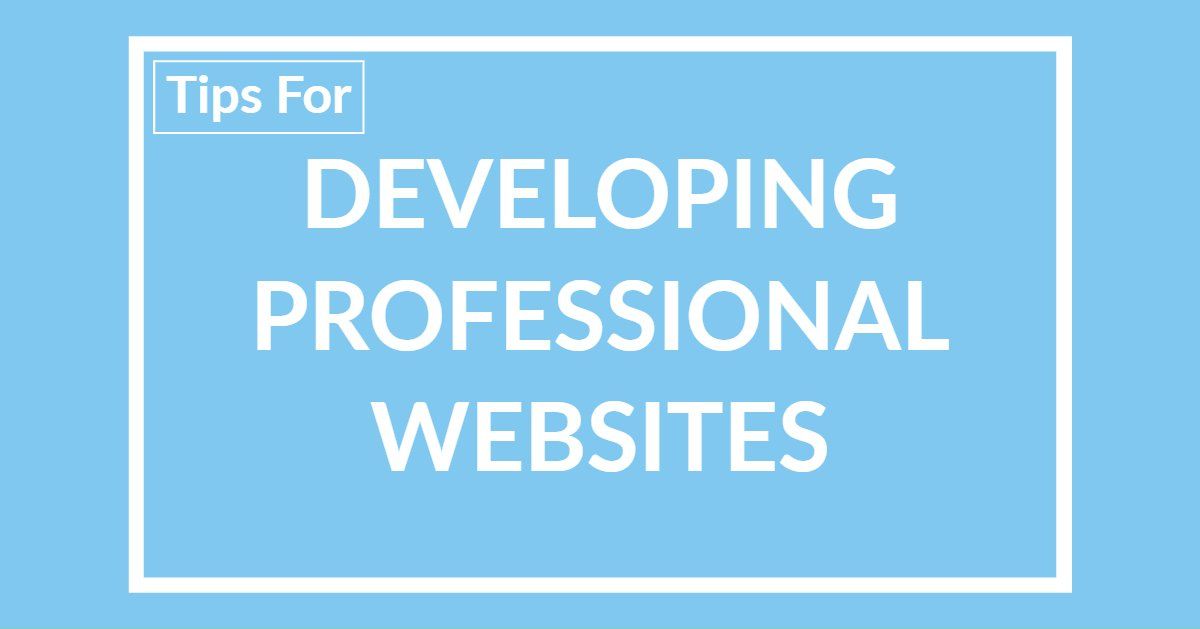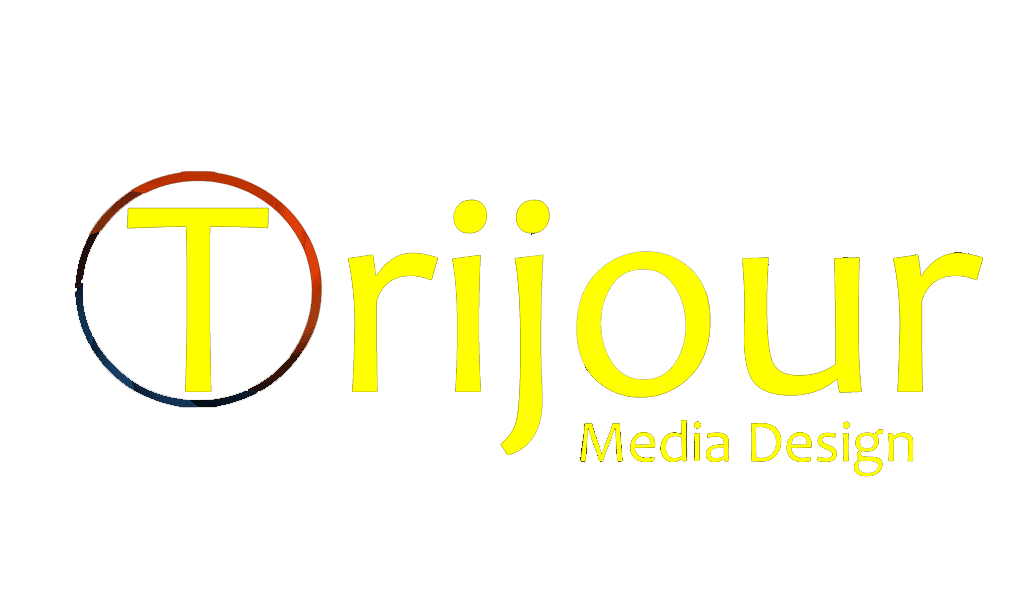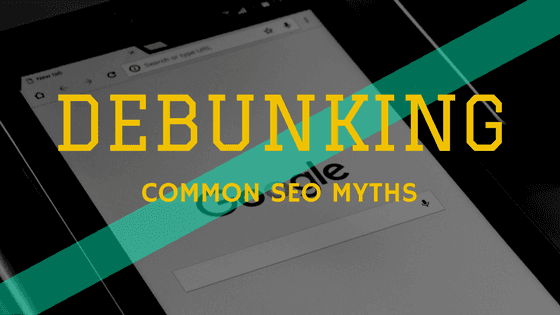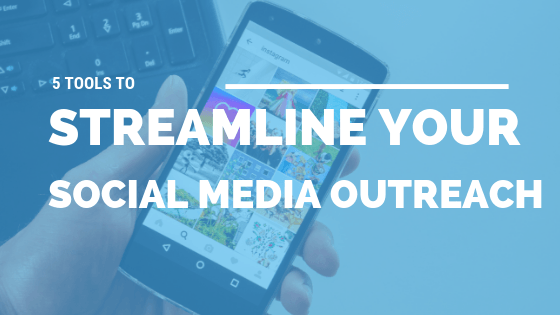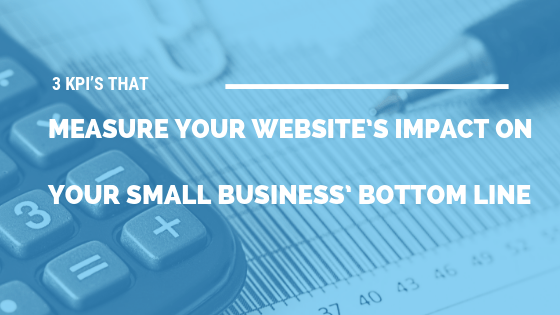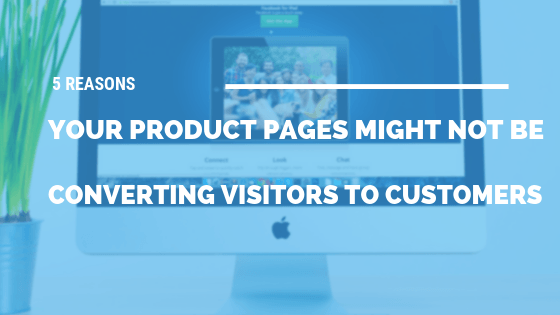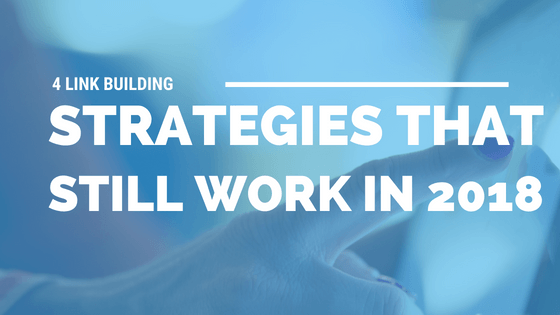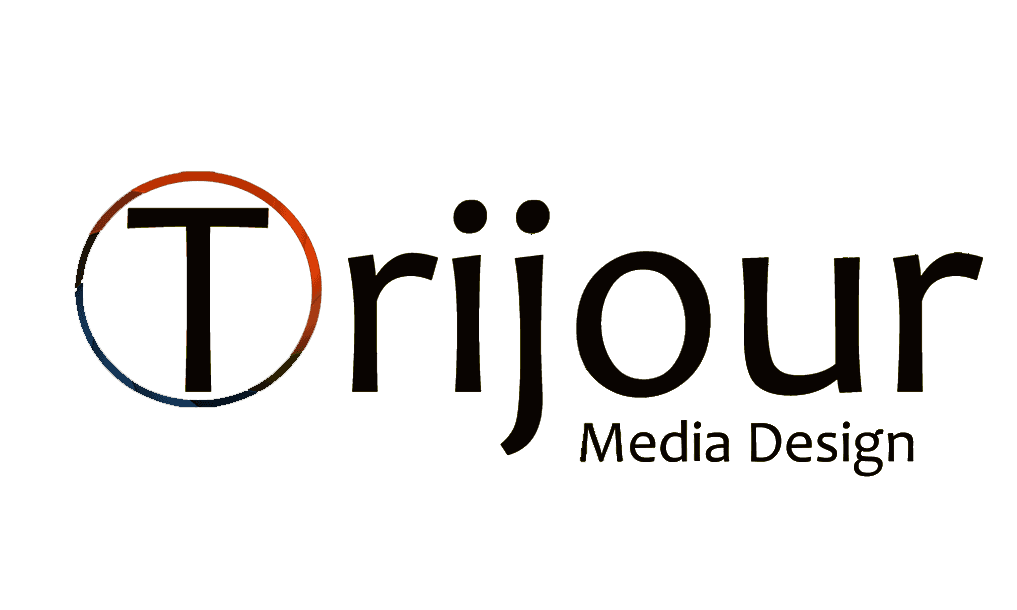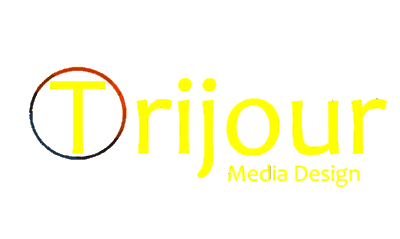Debunking Common SEO Myths
Fact vs Myths
Search engine optimization is one of the fastest evolving
fields of digital marketing. It is constantly changing as algorithms from the
top search engines such as Google try to innovate and bring users better and
more relevant results.
Due to this fast-paced environment, whether you are new to the game or a seasoned veteran, you have surely picked up some wrong or outdated information. The goal of this article is to correct your assumptions and give you a better understanding of what search engine optimization can do for your business. We will debunk common myths and try to give you a better understanding of what goes on under Google’s hood, so to speak.
Myth: Link building is not effective.
Truth: Whenever Google releases a new update, marketers everywhere are quick to scream that link building is dead. However, that is simply not true. Links are still one of the most important factors that Google considers when ranking a website. What has changed, however, is the importance of such links and how Google detects quality links. With recent updates in thealgorithm, Google is now able to tell what links are coming from spam websites and what links appear natural. The problem most marketers face who believe link building is dead is that they do not build quality links. In the early days of Google, it was enough to produce thousands of low-quality, paid links and point them at your site. Nowadays, Google bots are much smarter and are quick to penalize sites that they think are using blackhat link building methods.
Myth: The more keyword density, the better my SEO will be
Truth: This is another myth stemming from the old, primitive days of Google. Webmasters used to be able to just stuff as many keywords as they could in an article and Google would shoot them up to the first page. Google’s algorithm is now much smarter. That is not to say that keyword density is not important, it still is. However, webmasters must maintain the right balance of keyword density for the article or webpage to appear natural. If your page has too many of one keyword, then you risk manual spam action since Google will think you are keyword stuffing.
Myth: All you need is good content
Truth: “Content is king” is a mantra all too familiar to any webmaster. While it is still true, content alone will not get you to the top of Google. The theory behind it is simple. Google users are looking for content so Google rewards websites with high-quality content and promotes them to the top of the SERPs. Nowadays, publishing good content is simply not enough. Google looks at over 200 different factors when it considers rankings for a particular keyword and content is just one of them. For you to truly take master SEO, your content strategy needs to fit in with your overall SEO strategy. In other words, content cannot be your only SEO strategy.
Myth: SEO is too slow, PPC is faster
Truth: While this statement is mostly true: SEO does take a while to see significant results, whereas, PPC provides visitors to your website daily. However, the costs and benefits associated with each are vastly different. SEO is a long-term marketing strategy. It may take a while for your website to reach the first page in Google but once it does, it can continue bringing in visitors at no extra cost. On the other hand, PPC is a very short-term strategy. You are paying for every single click, which means that if you want your website to continue getting traffic, you are going to have to keep dishing out money. In addition, the PPC bidding system is designed so that the cost of a click is always increasing so long as there is demand. This means that if you are paying a $1 per click today, you could be paying $1.50 or $2 per click a year from now.
Myth: SEO can be automated
Truth: With all the abundance of SEO software and plugins, one would think that you could just click a button and the magical software works to rank your website. The hard truth is that it’s simply not true. Any automated practices are usually ‘spammy’ and will get you Google’s ban hammer faster that you can say search engine optimization. When making an SEO investment, make sure you are making an investment in humans, not automated software. Do not rule out all software, however. There are tons of powerful, legitimate SEO tools that can help you perform tasks such as keyword research, on-page analysis, competition research, and much more.
